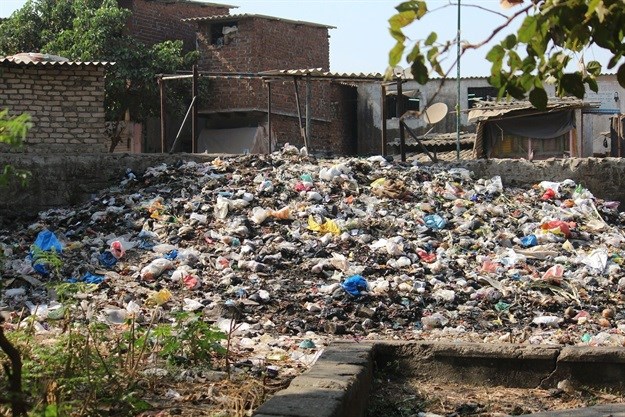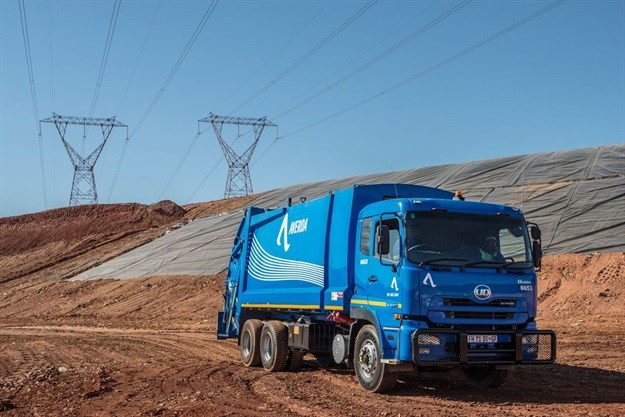
Top stories





Energy & MiningGlencore's Astron Energy gears up with new tanker amidst Sars dispute
Wendell Roelf 13 hours

More news

















Logistics & Transport
Uganda plans new rail link to Tanzania for mineral export boost










According to Averda, a South African waste management provider, under-pricing in the industry is a significant barrier to the development of green waste management solutions. This is compounded by a high number of unlicensed or non-compliant waste handlers who undercut prices by skirting legislative requirements.

Comments Reg Gerber, national landfill manager at Averda South Africa, “Reputable waste management companies often guide their clients on how to reduce waste. At Averda, we develop strategies with our clients that enable them to divert significant portions of their waste away from landfills. This includes a rebate system to incentivise recycling. However, when disposal is necessary, reputable providers can be trusted to ensure that this is managed responsibly.”
The construction and management of landfill facilities are subject to strict governmental regulation that seeks to reduce their environmental impact. When consumers employ unlicensed or non-compliant providers, they have no control over where their waste ends up, which is bad for the environment.
Mismanaged landfills and dumps present a number of risks to the environment including air pollution and groundwater contamination. When rain falls on landfill sites, the organic and inorganic constituents are dissolved, forming a leachate, which can contain toxic metals such as ammonia, organic compounds and pathogens. Any leakage can result in groundwater contamination.
To prevent contamination, Averda’s landfill facilities are built with containment barriers designed according to the strictest legislative requirements. Barriers include a leachate collection layer that traps the contaminant, preventing it from reaching groundwater supplies. As part of the management process, waste is sorted and treated, so that it can be disposed of in a facility that has been designed to mitigate its specific environmental risks.
Gerber adds, “Averda has a number of landfill sites that are designed and managed to deal with specific waste streams. Our site in Vlakfontein, for example, is a Highly Hazardous, Class 1 Landfill site, which is South Africa’s only landfill to be constructed to the standards prescribed by the new Waste Classification and Management Regulations for Class A containment barriers

In accordance with legislation, Averda continues to monitor its facilities for 30 years after closure.
“We develop a closure plan prior to the development of our landfill sites. This is essential to ensure we have the resources required to monitor and maintain our facilities on an on-going basis following their closure,” explains Gerber.
Properly managed landfill facilities are supposed to adhere to Minimum Requirements for Waste Disposal by Landfill as prescribed in government regulations that came into effect in 1998. The regulations include specifications regarding site selection, design standards, operational practices, closure processes and monitoring.
It’s important for consumers to understand that sustainable behaviour not only requires reducing one’s waste but includes responsible disposal methods. Employing reputable waste management providers will not only ensure that the impact of your waste is minimised, but it could also reduce under-pricing in the industry, paving the way for sustainable waste management solutions.